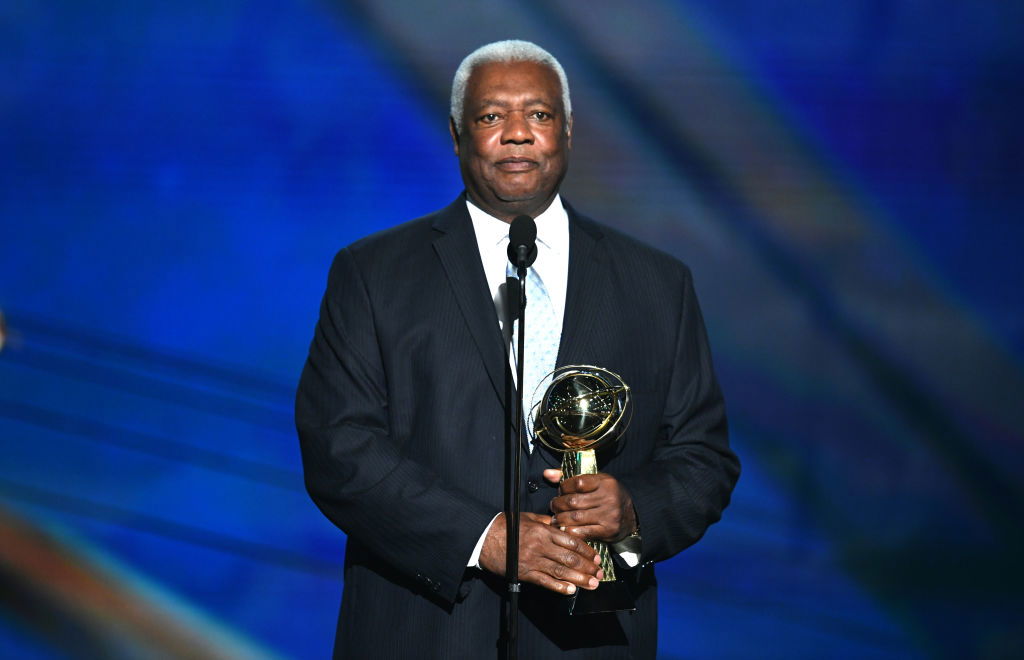
Getty
SANTA MONICA, CA – JUNE 25: Lifetime Achievement Award honoree Oscar Robertson speaks onstage at the 2018 NBA Awards at Barkar Hangar on June 25, 2018 in Santa Monica, California. (Photo by Kevin Winter/Getty Images for Turner Sports)

Getty
SANTA MONICA, CA – JUNE 25: Lifetime Achievement Award honoree Oscar Robertson speaks onstage at the 2018 NBA Awards at Barkar Hangar on June 25, 2018 in Santa Monica, California. (Photo by Kevin Winter/Getty Images for Turner Sports)
“You say Oscar Robertson, you’re defining greatness,” says Wayne Embry, his Hall of Fame teammate. But Oscar Robertson’s journey wasn’t just about scoring points and dishing out assists; it was about changing the game itself. From his early days, he fought for player rights and security, starting with that infamous lawsuit against the NBA in the ‘70s. This battle laid the groundwork for a revolution that still impacts players today.
Watch What’s Trending Now!
Recently, Robertson joined the All The Smoke Podcast, reflecting on his storied career. When asked if his lawsuit influenced the formation of the Players Union, he stated, “No, it defined the Players Union.” He revealed that since joining the league, he was determined to push for better conditions—like the shockingly low “$8 a day for meals.” But that lawsuit was just part of a larger vision.
Interestingly, he also mentioned that their original goal was to block the ABA from merging with the NBA. “We went to court originally to stop the ABA from joining the NBA. That’s what it was all about,” he explained. However, in 1976, that merger happened anyway, with four ABA teams joining the NBA, leading to hefty financial terms that disadvantaged those teams in their first few years. Each ABA team had to pay the NBA $3.2 million, amounting to a $12.8 million profit from the four teams. Despite not achieving his initial goal, Robertson’s fight didn’t end there.
ADVERTISEMENT
He continued advocating for player rights, pushing for better salaries and more freedom. “And then these other things came about, about players’ rights,” the Big O noted in the podcast, highlighting the struggle against the NBA’s claims of perpetual rights over players.
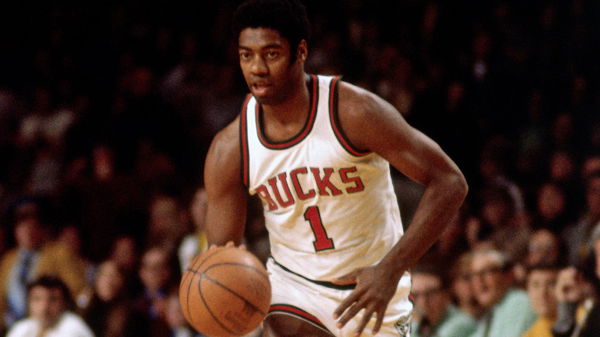
Getty
MILWAUKEE, WI – 1972: Oscar Robertson #1 of the Milwaukee Bucks handles the ball circa 1972 at the Milwaukee Arena in Milwaukee, Wisconsin. NOTE TO USER: User expressly acknowledges and agrees that, by downloading and/or using this photograph, user is consenting to the terms and conditions of the Getty Images License Agreement. Mandatory Copyright Notice: Copyright 1972 NBAE (Photo by Dick Raphael/NBAE via Getty Images)
Interestingly, Robertson filed this antitrust lawsuit right when he traded to the Milwaukee Bucks. His vision was to create a future where players could move freely between teams. Reflecting on the formation of the NBA Players Association, he remarked, “I had no idea how powerful the organization was going to become.” Today’s superstars like LeBron James and Kevin Durant owe a lot to Robertson’s groundbreaking efforts, which paved the way for their freedom and control in the league.
ADVERTISEMENT
Oscar Robertson standing up for athletes’ rights
Oscar Robertson didn’t just challenge the NBA’s authority. In 2011, he took on the NCAA for something many athletes had long endured: the unauthorized use of his name, image, and likeness. He wasn’t one to stand idly by when he saw something wrong, and this case was no exception.
ADVERTISEMENT
The issue first caught Robertson’s attention when fans sent him trading cards to sign, featuring images from his college days at the University of Cincinnati. To his surprise, he hadn’t authorized those cards. “When I first started seeing these cards…they had one of my freshman numbers, which is 23,” Robertson recalled. Curious, he began digging to figure out who was behind it.
Soon, as per Robertson and his lawyer, Stan Chesley, they identified the culprit: the NCAA. They filed a lawsuit in the Northern District of California, accusing the organization of profiting from the likenesses of former athletes like Robertson. “If you used Kroger’s or Procter and Gamble’s name and logo without paying for it, you’d be hearing from them,” Chesley pointed out, making their case clear.
Top Stories
Lakers Duo Close to Luka Doncic, JJ Redick Ready to Bid LA Goodbye in Depth Trades – Insider
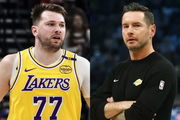
Did Zion Williamson Slide Into Sydney Sweeney’s DMs? Fact Checking the Viral Screenshot

DiJonai Carrington Publicly Criticizes WNBA’s ‘Greedy’ CBA Approach While Addressing League’s Unrivaled Stance

WNBA Responds to WNBPA Strike Authorization Vote With Official Statement
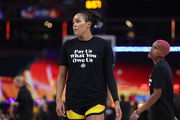
Calls Mount Against Dillon Brooks For ‘Intentionally’ Hurting Stephen Curry
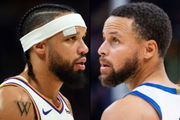
Robertson knew this fight was bigger than just him. “I think they had all the power,” he admitted. “But I’m part of several people coming forward.” He joined other athletes, including UCLA star Ed O’Bannon, in taking a stand. In the end, Robertson emerged victorious, setting a powerful precedent for future athletes.
ADVERTISEMENT
ADVERTISEMENT
ADVERTISEMENT
ADVERTISEMENT

